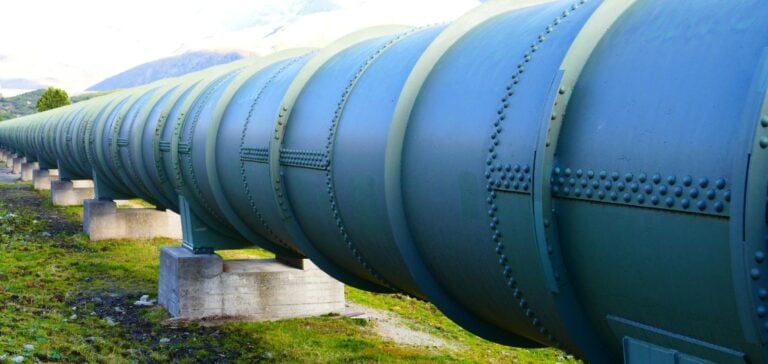Gas consumption in Germany increased by 7% year-on-year, averaging 3.54 TWh/day in the week ending November 24, according to data published by the German energy regulator, Bundesnetzagentur. Despite this increase, consumption levels remain below the pre-crisis average of 3.81 TWh/day for the same period between 2018 and 2021.
Since 2022, gas consumption in Germany has consistently stayed below pre-crisis levels, reflecting reduced demand driven by high costs and energy-saving measures. However, spikes in consumption have occurred during periods of unusually cold weather or low renewable energy production, such as in January and April this year.
Differentiated Trends by Sector
During the analyzed week, industrial demand, including consumption related to power generation, fell to an average of 1.8 TWh/day, down from 1.86 TWh/day the previous week. Conversely, gas use by households and small businesses surged by 23%, reaching 1.74 TWh/day. This increase is attributed to colder temperatures recorded during the period.
Impact of High Prices
This rise in consumption occurs in the context of high European market prices. The benchmark Dutch TTF gas price was assessed at €48.58/MWh on November 21, the highest level since November 2023. Although the price slightly dropped to €46.37/MWh on November 28, it remains significantly above pre-crisis levels.
State of Storage and Future Concerns
Germany’s gas storage facilities are currently filled to 92% of capacity, a slight decline from the 94% reported the previous week. The country had achieved its 95% storage target by the end of August, well ahead of the deadline set by law. However, concerns are growing for summer 2025. The INES, an industry group, has highlighted that current price signals do not provide strong incentives for gas injections into storage for the coming months.
Nonetheless, Germany remains a leader in gas storage capacity within the European Union. With strict regulations in place until 2027, such as the requirement to fill 85% of storage by October 1 and 95% by November 1 each year, the country continues to play a crucial role in ensuring the region’s energy security.






















